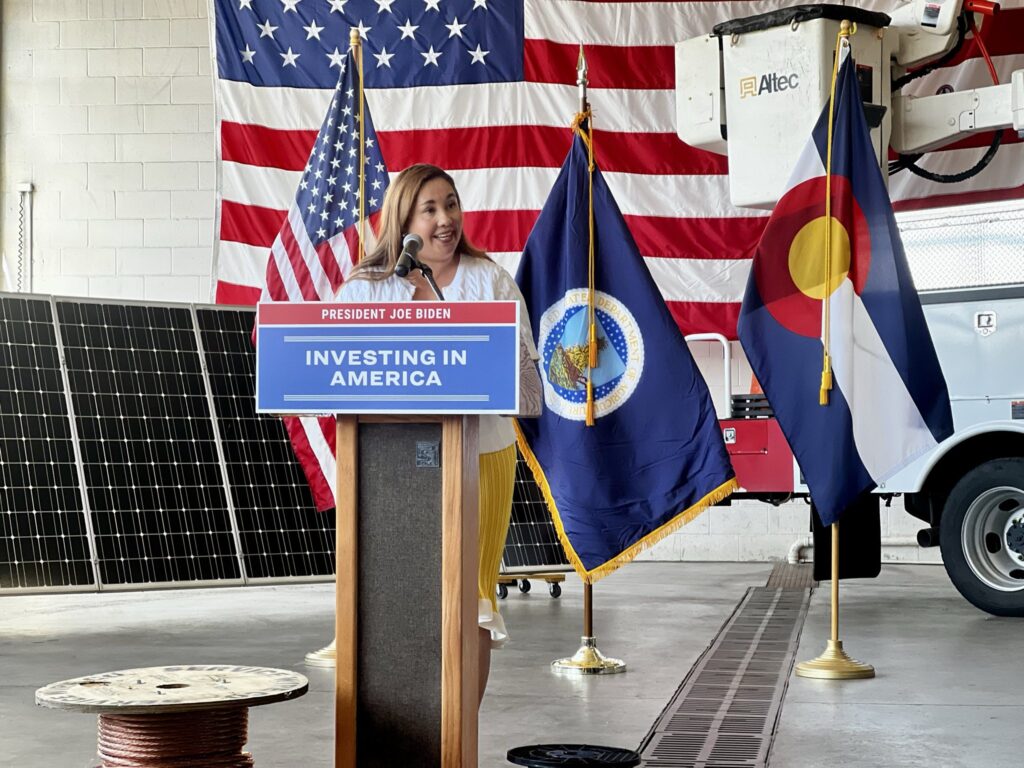US Agriculture Secretary Announces Major Clean Energy Investment in Northern Colorado
US Agriculture Secretary Tom Vilsack and Representative Yadira Caraveo announced an investment of $9.12 million into clean energy for rural communities in northern Colorado. This initiative took place in Fort Collins on Monday.
The federal funding will be allocated to the Poudre Valley Rural Electric Association. The aim of this investment is to reduce energy costs and enhance access to clean energy for rural businesses and residences. The funds are part of the Powering Affordable Clean Energy program under the Inflation Reduction Act.
Funding to Balance Innovation in Rural Areas
“Rural America has long been left behind in terms of innovation,” Caraveo, a Democrat from Thornton, stated. “This funding from the PACE program aims to rectify this imbalance by introducing clean, reliable energy to Northern Colorado. This will make daily living more affordable for working Coloradans and small businesses.”
The PACE program, managed by the Department of Agriculture, represents the nation’s largest investment in electrification since 1936. The funding is expected to enable Poudre Valley REA to deliver 80% clean energy by 2030 without increasing rates, as per a press release from Caraveo’s office.
Benefits for Rural Communities and the Environment
Vilsack expressed the Biden-Harris Administration’s pride in partnering with rural communities to create a more affordable and sustainable future. He emphasized that the projects announced would create good-paying jobs in Colorado, reduce energy costs for families, decrease greenhouse gas emissions, and bolster the strength of the nation’s electric grid. “Rural communities are the backbone of America and these projects will benefit rural families, businesses, and the health of our planet for generations to come,” Vilsack said.
Original Story at coloradonewsline.com
